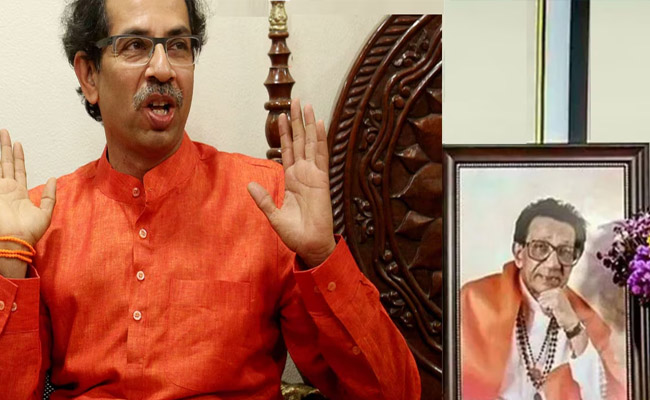
India News

Uddhav Thackeray's UBT faction of the Shiv Sena suffered a humiliating defeat in the Maharashtra Assembly elections. Reports indicate rising dissent within the Maha Vikas Aghadi (MVA) alliance, led by UBT. Some party members, who previously voiced their discontent but were silenced, are now openly criticizing the decision to ally with Congress.
BJP-Led Alliance Triumphs
The BJP-led "Mahayuti" alliance decisively ousted the MVA, providing an opening for UBT leaders to express dissatisfaction with the party's strategy. Sources suggest mounting pressure on Thackeray to sever ties with the MVA.
Calls to Exit the MVA
In a recent meeting, most of UBT's 20 legislators reportedly urged Thackeray to leave the MVA. The party's grassroots cadre was almost absent during the elections, unlike Eknath Shinde's Shiv Sena, which effectively mobilized its base to claim dominance as the "true" Shiv Sena.
Resistance from Leadership
Despite internal pressures, Thackeray, his son Aaditya, and spokesperson Sanjay Raut are reluctant to exit the MVA. Raut advocates for maintaining opposition unity against the BJP.
Struggle for Relevance
Critics argue that UBT's association with Congress has alienated its core base. Election results show UBT securing 9.95% of the vote share, trailing Shinde’s Shiv Sena by 3%. In contrast, UBT had garnered 16.72% in the Lok Sabha polls six months earlier, highlighting diminishing public support.
Bal Thackeray's Legacy and Hindutva
Eknath Shinde’s faction has consistently emphasized Bal Thackeray's Hindutva ideology, accusing UBT of betraying it by aligning with Congress. This narrative has resonated with Shiv Sena’s traditional cadre, further isolating UBT.
A Crossroads for UBT
The dissenting voices believe that exiting the MVA would realign UBT with Bal Thackeray's vision and rebuild the party's foundation. However, Uddhav Thackeray’s reluctance to act on internal feedback risks deepening the crisis.
The party now faces a critical decision: adapt to changing political dynamics or risk irrelevance.
Advertisment